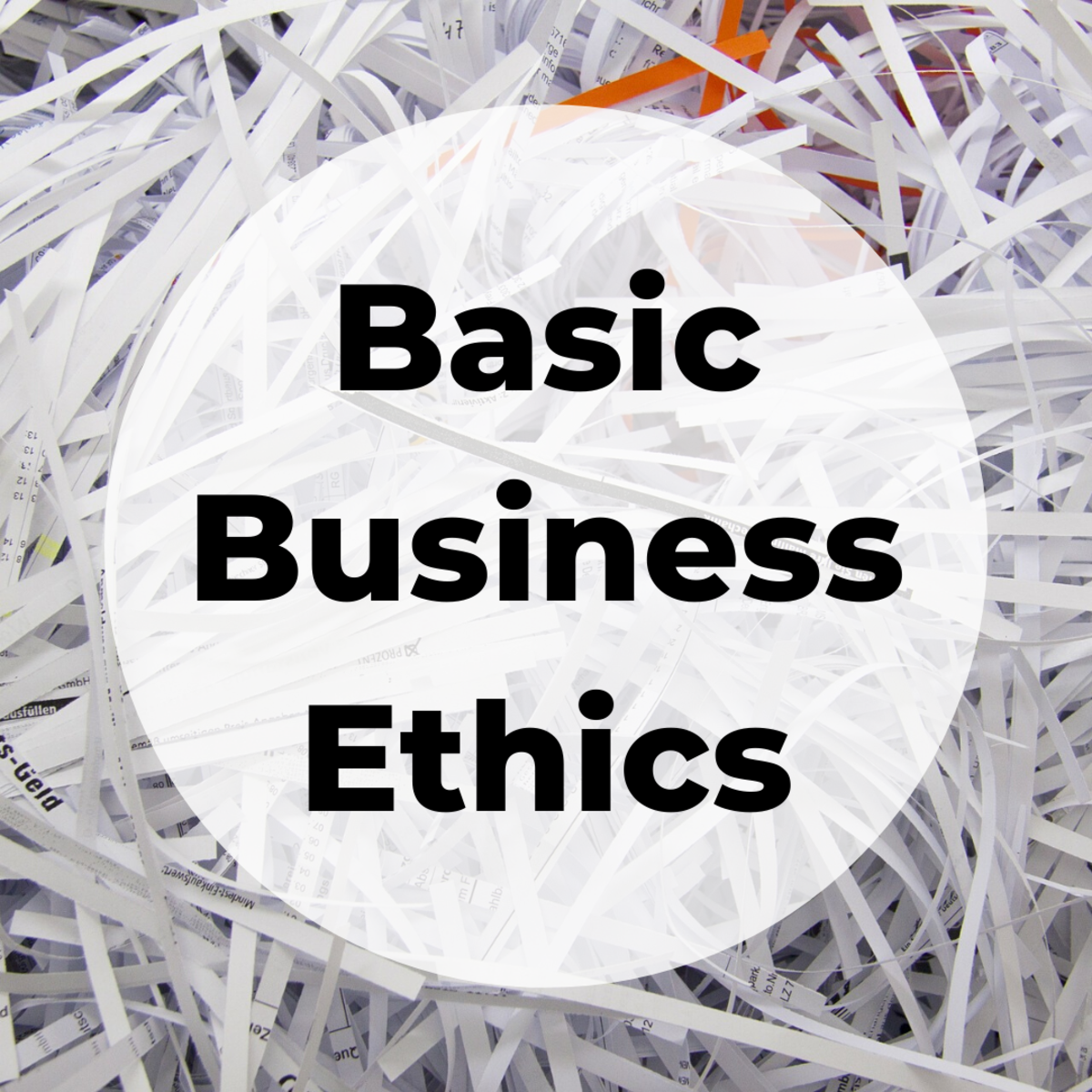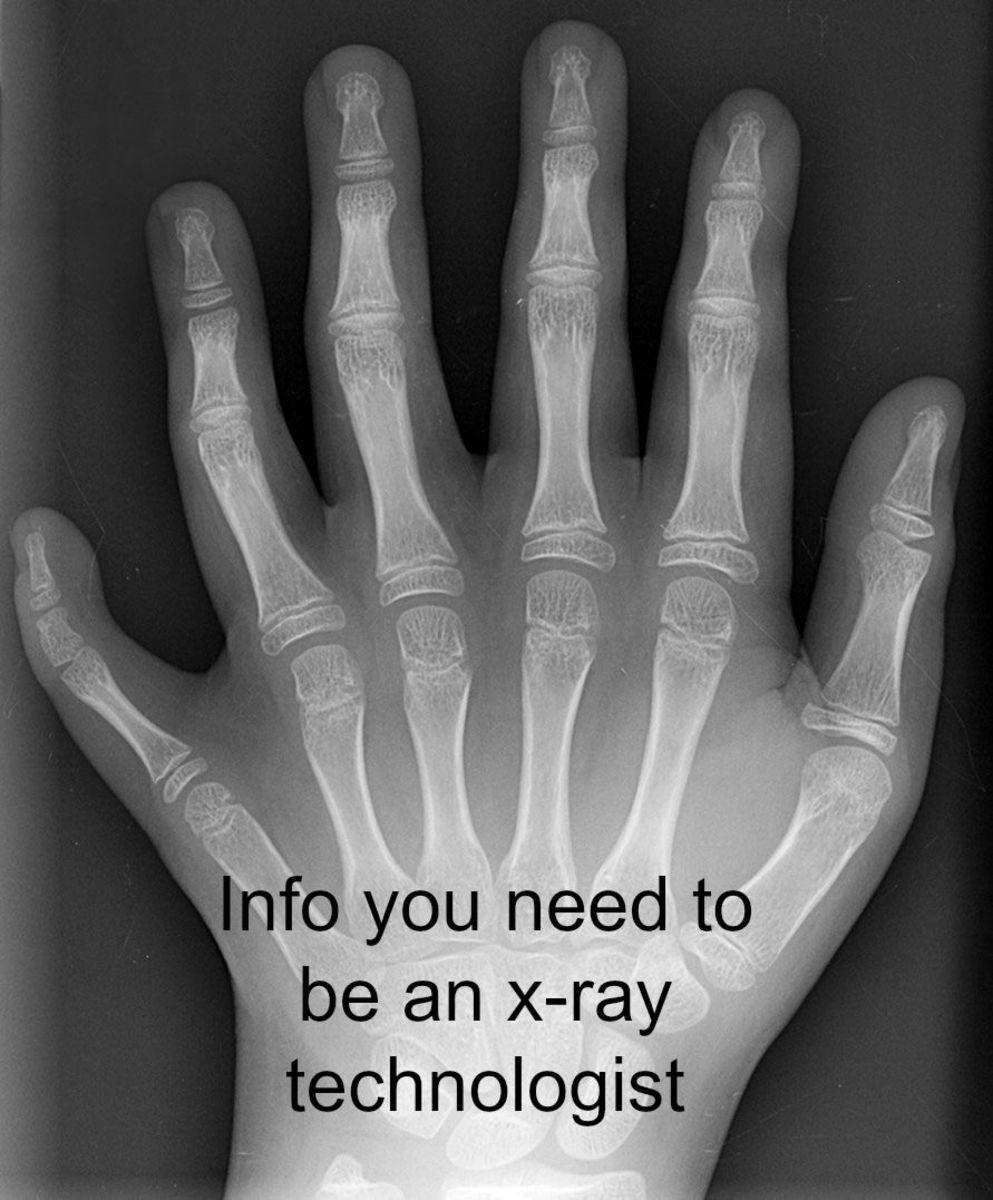Life after Commencement: A Case Study

Life after Commencement: A Case Study
Life after Commencement: An Examination of the Presence of Professional Etiquette Content as Workforce Development Training Within the Political Science Curriculum of an HBCU
Dr. Rodneshia Ingram-Nance EdD
Perfectly Different Consulting
December 2019
Life after Commencement: Curriculum Reform & Educational Program Development
Brenda Bautsch illustrated in her article “Pomp and Circumstance” that college students already face the dilemma of entering into a harsh workforce with limited job availability. Bautsch explained that these limitations called for great job search competitiveness amongst all college graduate job seekers.
In the year 2010, about 38 percent of the U.S. population over the age of 25 had an undergraduate degree. Astoundingly, the unemployment rate for all college degree holders was 4.2 percent accounting for half of the overall jobless rate of 8.8 percent (Bautsch, 2011).
The Bureau of Labor Statistics’ research indicates that as of September 2011 “the National jobless rate had increased from 8.8 percent to 9.1 percent and the unemployment rate for college degree holders had too significantly increased (U.S. Bureau of Labor Statistics, 2011); (Bautsch, 2011)”. Yet, as of December 2011, the national unemployment rate had significantly decreased to 8.5 percent. Formally the lowest that it had been since then in 3 years (U.S. Bureau of Labor Statistics, 2011).
Currently the U.S. Bureau of Labor Statistics (2019) reports the following: “among the major worker groups, the unemployment rates for adult men (3.2 percent), adult women (3.2 percent), teenagers (12.3 percent), Whites (3.2 percent), Blacks (5.4 percent), Asians (2.9 percent), and Hispanics (4.1 percent) showed little or no change in October (U.S. Bureau of Labor Statistics, 2019).
To add, of the 5.4 percent of the unemployed African American population; In 2017, approximately 33% of African American adults aged 25 to 29 had at least a two-year college degree (Postsecondary National Policy Institute, 2019).
From these results, we find that It is quite evident that the unemployment rate for the educated African American continues to remain at the highest even when overall unemployment is reported to be at an all-time low.
Defining Workforce Preparatory Education
Business ethics and corporate etiquette can be described as a secret language of business. It is often used throughout the job seeker recruitment process hidden in resume writing, behavioral, and appearance-based expectations. Within the workplace, corporate etiquette could be often hidden in company behavioral policies and probationary period related expectations.
According to the Passport to Trade 2.0 organization (2013), “Business etiquette is about building relationships with other people. Etiquette is not about rules & regulations but is about providing basic social comfort and creating an environment where others feel comfortable and secure, the organizational leaders explain that this is possible through better communication (Passport to Trade 2.0, 2013).”
In 2011, Ingram conducted a study to better understand the state of the HBCU and how they were preparing the African American student for success in the job industry considering the above data.
Analyzing the Data in 2011
Etiquette consultants and career counselors indicated the skills that professionals require most of high importance. On a scale from 1 - 5, the numeric symbol one indicates low importance and five indicates high importance. Research results found that one hundred percent of etiquette consultants and job counselors believed that students are currently lacking in the art of displaying proper business ethics. They explain this knowledge to be of high importance. They all agreed that proper attire and trade knowledge was of high importance within the job industry. Etiquette consultants and career counselors indicated parliamentary procedure to be of average importance dependent upon an individual’s job industry and job position.
In 2011, Ingram conducted a study to measure the level of etiquette knowledge and training provided to university students within a Political Science Department. In order to confirm the demographic relationship with the survey results, a test was run to consider the employment status between the undergraduate and alumni participants.
The demographic questionnaire indicated that 100 percent of the participants that participated were African American students and alumni graduates. The undergraduate participants were currently enrolled, political science students and the alumni graduates accounted for those that proceeded between the years of 2000 – 2011. Amongst them, more than 80 percent of the alumni participants were employed.
The undergraduate participants represented more than half of the current student participant population that were unemployed. The study found that amongst a group of thirteen voluntary survey participants, out of a number of ten alumni participants, six participants passed and four participants failed the examinations. The examinations were based upon thirty etiquette assessment questions including basic parliamentary procedure, and business dining related questions.
Out of a number of three undergraduate participants, all did not pass the business ethics examination. Amongst the alumni students, out of ten, eight of the participants had less than two years of business ethics knowledge, one participant had more than five years of experience. The results of only one participant computed no experience eliminating the assumption that the alumni participants did not have any business ethics exposure.
Amongst the undergraduate survey population, more than half had less than two years of business ethics knowledge and the remaining had none at all. This data also eliminates the assumption that the undergraduate participants did not have any business ethics exposure. However, the results raise inquiry about the correlation between experience and participant test results.
Although the participants demographically disclosed a considerable amount of business ethics experience, though they did not pass the business ethics knowledge portion of the survey quiz. Many of them indicated that they either did not know the answers or answered incorrectly. The participants answered more parliamentary procedure questions correctly than ethics-related questions. A majority of the alumni had co-curricular experience with Roberts' rules and some held management positions of which they had often utilized parliamentary procedure.
From 2011- 2018, Ingram continued to conduct extensive research upon the state of the educated African American after college. In a video vlog titled “Life after Commencement” the researcher underwent an ethnographic and phenomenological evaluation of the job seeker experience. The research provides tangible evidence of the true job seeker experience as the researcher works to maneuver through life's toughest job seeker challenges. Amongst the issues reviewed were: resume writing, the extensive application process, job rejections, and business ownership, homelessness, and growing pains. Upon conclusion, all data collected confirmed a major development in job seeker research. “The research results urged the need for job seeker preparatory education and mentorship”.
Analyzing the Data in 2018
Since 2011, it is without question that the university has undergone public challenges but manages to continue to thrive with finesse. With implemented e-learning courses and educational support programs, the university continues to thrive in the area of research awards and program certifications. It also helps that the university can leverage with the finances from single course learning opportunities that now make certifications and learning tools available to city locals and additional consumers.
The HBCU in review has often been described as an institution with a rich heritage. In an institutional Board of Trustees update, the former interim president Judge Belvin Perry, Jr. elaborates his wishes for the legacy to continue with currently enrolled and future students (B-CU Communication, 2019). To further serve the student body, the HBCU’s career services department offers services that promote career assessment, the student to corporate transition, preparation for graduate study, and job skill competencies (Bethune Cookman University, n.d.).
The Remaining HBCUs
As the university in question is doing an extraordinary job with their career services efforts, the researcher finds it necessary to conduct market research upon the other top HBCU’s to get an inside look at how they are serving their student population.
Spelman College’s career service center fosters student planning and development through career coaching, online job listing, and resume development (Spelman College, 2017).
The Morehouse College career services department offers individuals by appointment only consulting appointments to discuss career interest, self-assessment resources, job search strategies, interviewing issues, and internship information (Morehouse College, n.d.).
Lastly, the Howard University career services department leverages strategic corporate partnerships to provide mock interviews, job listings, and professional development related events (Howard University, 2019). From these results, we find that top HBCU career developmental services departments have become mini consulting firms for job-seeking students.
Findings & Recommendations
Within the workplace, business ethics has become a cultural phenomenon allowing potential professionals an interactive edge over other job competitors. In recent years, college graduates have been entering a tough job market. However, the current African American unemployment ratio continues to raise concerns about the effectiveness of our programs.
In light of this, the essence of business ethics and job skills training within the classroom or career services department allows students to exude positive self-confidence and skills related knowledge such as job interview basics, typing wpm, report construction, and so forth prior to entering the workforce. The study summarizes the significance that job training and business protocol related teachings hold within the area of student development. The study in its entirety defined professional etiquette by way of business ethics lessons that include proper job interview techniques and preliminary job testing skills that will prepare job candidates prior to human resource office interactions. These techniques and skills include interviewing, resume writing, and job-specific decorum in order to ensure college graduates a smooth and guided transition into the workforce.
The study also examined the presence of professional etiquette by way of business ethics content as workforce development training within the political science curriculum of the HBCU in review. Key results find that upon examination, the curriculum in review did not have the presence of business ethics lessons as workforce development training. However, the departmental curriculum in question did host the essentials of professional ethics and job training in the form of leadership courses that were omitted from the departmental curriculum as a result of major budget cuts in 2009. Since then, the institution has extended every effort to utilize its career services department as an extended resource.
Recommendation 1:
After careful examination, this research project recommends that political science curriculums or career services departments may perhaps focus upon the restoration of compulsory leadership, home economics, and or workforce development course consulting that include business ethics, financial planning in adulthood, job skills, and proper job-hunting techniques. The restoration of the leadership seminar teachings would allow students to receive preparation and guidance during their transition into the workforce. In a substantive study, it would be helpful that the researcher carefully assess and perform extended research upon the effectiveness of learning environment models upon an extended research population providing an analysis of the comparison and contrast of college student learning and job skill progression.
Recommendation 2:
After briefly studying student unemployment data, it has become clear that in a substantive study, a researcher examine student workforce progress during the current unemployment relief period upon an extended research population providing an analysis of the comparison and contrast of college student workforce progression. Further research should be structurally and semi structurally conducted as an assessment of cognitive knowledge and behavior demonstrated during review of student job search activity participation. Collaboration with job counselors and employers would also be helpful to the subsequent study.
Concluding thoughts:
The beauty of business ethics (etiquette) and job skill training and preparation embodies the nature of how we harmoniously coexist within societal and business settings. This study celebrates the beauty and timeless nature of business relations in addition to how we as humans relate well with one another and establish communicative patterns. Business ethics lesson has the capacity to work as a student support system that develops job preparation as college graduates make their transition into the workforce. The study in its entirety is an examination of the presence of professional etiquette content by way of business ethics and workforce development training within the political science curriculum of an HBCU. The study’s full intent was to measure college student professional development levels in order to carefully determine whether the implementation of workforce development training within university curriculums is necessary.
Bibliography:
B-CU Communications. (2019, July 22). Judge Belvin Perry, Jr. Discusses the Future of B-CU Pt.1 [Video file]. Retrieved from https://youtu.be/3BpSsfpBlJU
Bautsch, B. (2011, 6). Pomp and Circumstance: States are looking for an economic boost by pushing for more college graduates. Retrieved 7 1, 2011, from ncsl.org: http://www.ncsl.org/LinkClick.aspx?fileticket=gnCWtkqH28M%3D&tabid=2300 7
Bethune Cookman University. (n.d.). Career Services. Retrieved from https://www.cookman.edu/currentstudents/studdev/career/index.html
Howard University. (2019). Office of Career Services. Retrieved from https://careerservices.howard.edu/
Morehouse College, M. (n.d.). Career Development and Engagement. Retrieved from https://www.morehouse.edu/student_life/careerdevelopment/
Passport to Trade 2.0. (2013, July 7). Business Etiquette. Retrieved from https://businessculture.org/business-culture/business-etiquette/
Postsecondary National Policy Institute. (2019). African American Students – PNPI. Retrieved from https://pnpi.org/african-american-students/
Spelman College. (2017). Spelman Career Planning and Development. Retrieved from https://www.spelman.edu/career-center/student-career-planning-and-development/overview
U.S. Bureau of Labor Statistics. (2011, 10 7). Employment Situation Summary. Retrieved 10 8, 2011, from United States Department of Labor: http://www.bls.gov/news.release/empsit.nr0.ht
U.S. Bureau of Labor Statistics. (2019). THE EMPLOYMENT SITUATION — OCTOBER 2019. Retrieved from U.S. Bureau of Labor Statistics website: https://www.bls.gov/news.release/pdf/empsit.pdf
This content is accurate and true to the best of the author’s knowledge and is not meant to substitute for formal and individualized advice from a qualified professional.
© 2019 Rodneshia Ingram








